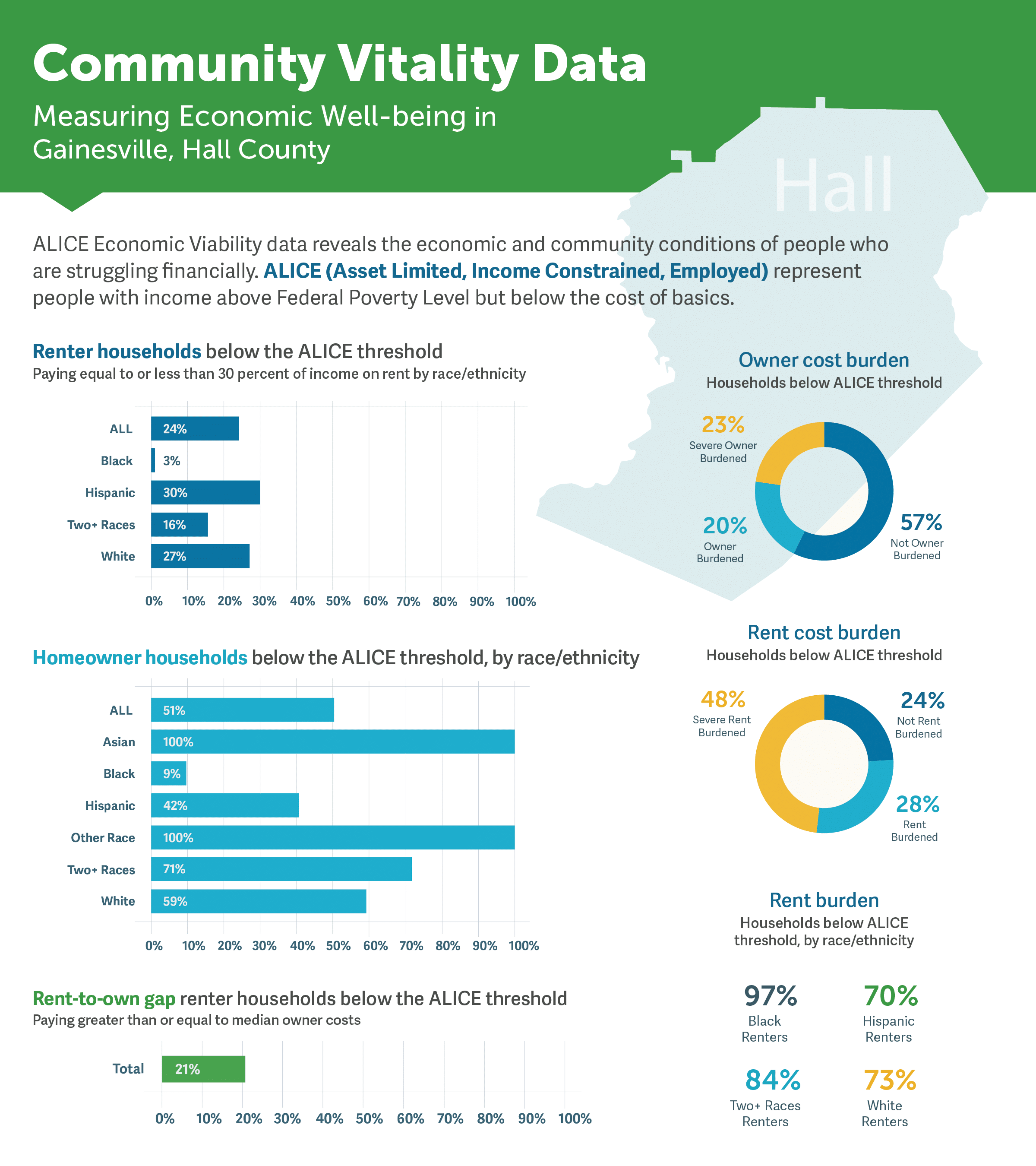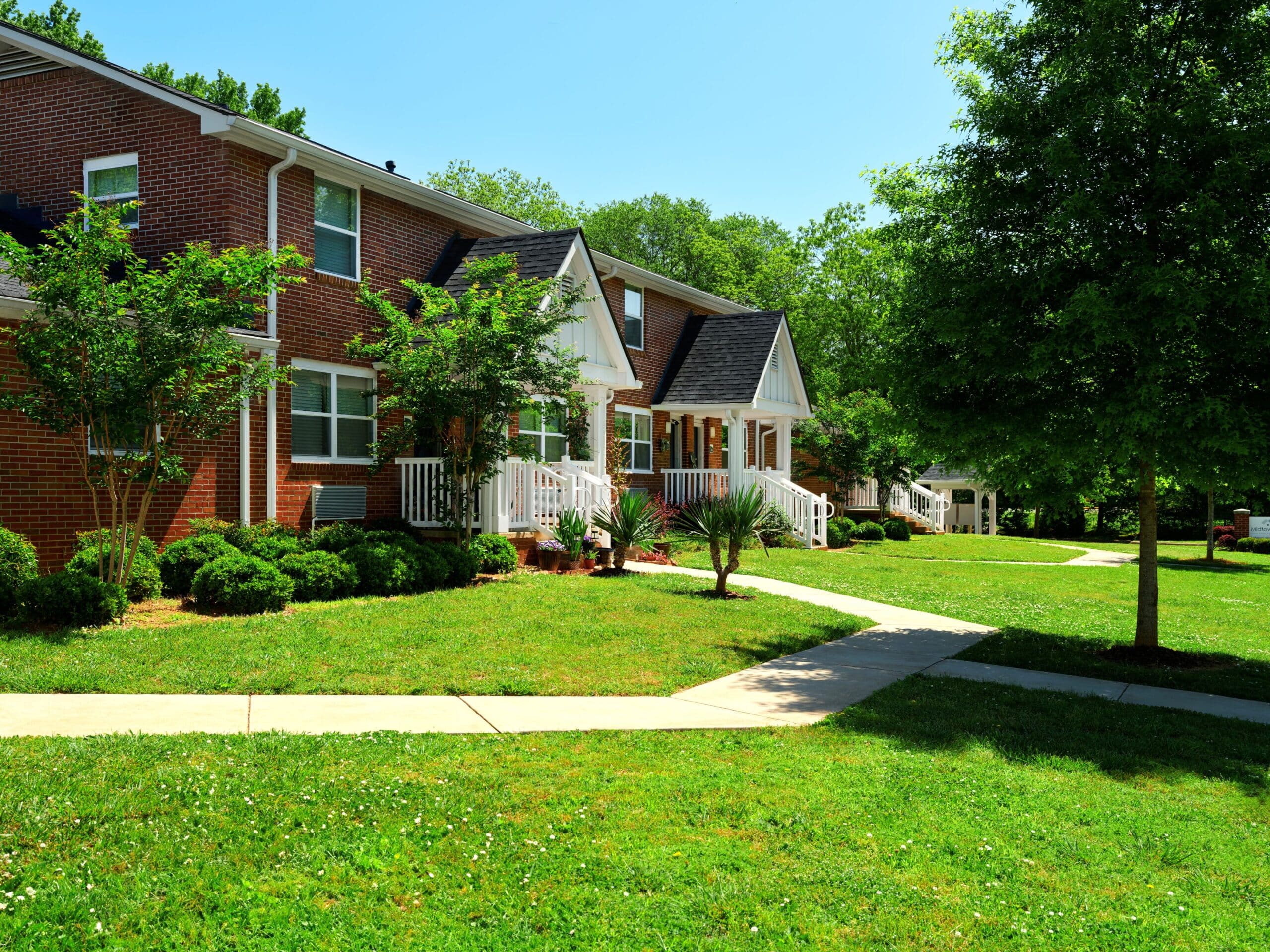Affordable housing isn’t just about shelter; it’s a catalyst for economic vitality, social equity, and community resilience. Ensuring access to housing for all benefits both individuals and the overall community.
Affordable Housing Myths
Myth: Affordable housing lowers property values.
Fact: Research shows that affordable housing has no negative impact on the value, sale, or appearance of neighboring properties. In fact, affordable housing can enhance the local economy and infrastructure by creating jobs, generating tax revenue, and improving the quality of life for residents.
Myth: Affordable housing is only for the poor and unemployed.
Fact: Affordable housing serves a diverse range of people who contribute to the community, such as teachers, nurses, firefighters, seniors, veterans, and people with disabilities. Many of these people work full-time but still struggle to afford the high cost of housing in their area. Affordable housing helps them achieve stability and security and reduces their dependence on public assistance.
Myth: Affordable housing increases crime and social problems.
Fact: There is no evidence that affordable housing causes or attracts crime or other social ills. On the contrary, affordable housing can reduce crime and improve public safety by providing people with a safe and decent place to live, and by fostering a sense of community and belonging amount residents and neighbors.
Myth: Affordable housing is poorly designed and maintained.
Fact: Affordable housing is subject to the same standards and regulations as market-rate housing, and often exceeds them in terms of design, quality, and sustainability. Affordable housing developers and managers are committed to creating and preserving attractive and
durable housing that meets the needs and preference of the residents and the community.
Myth: Affordable housing is heavily subsidized by taxpayers and municipalities.
Fact: Affordable housing is financed by a combination of public and private sources, and often leverages existing resources and incentives to reduce the cost and increase the efficiency of development. Moreover, affordable housing provides a net benefit to taxpayers and municipalities by reducing the demand for other social services, such as shelters, health care, and education, and by increasing the economic activity and vitality of the area.


